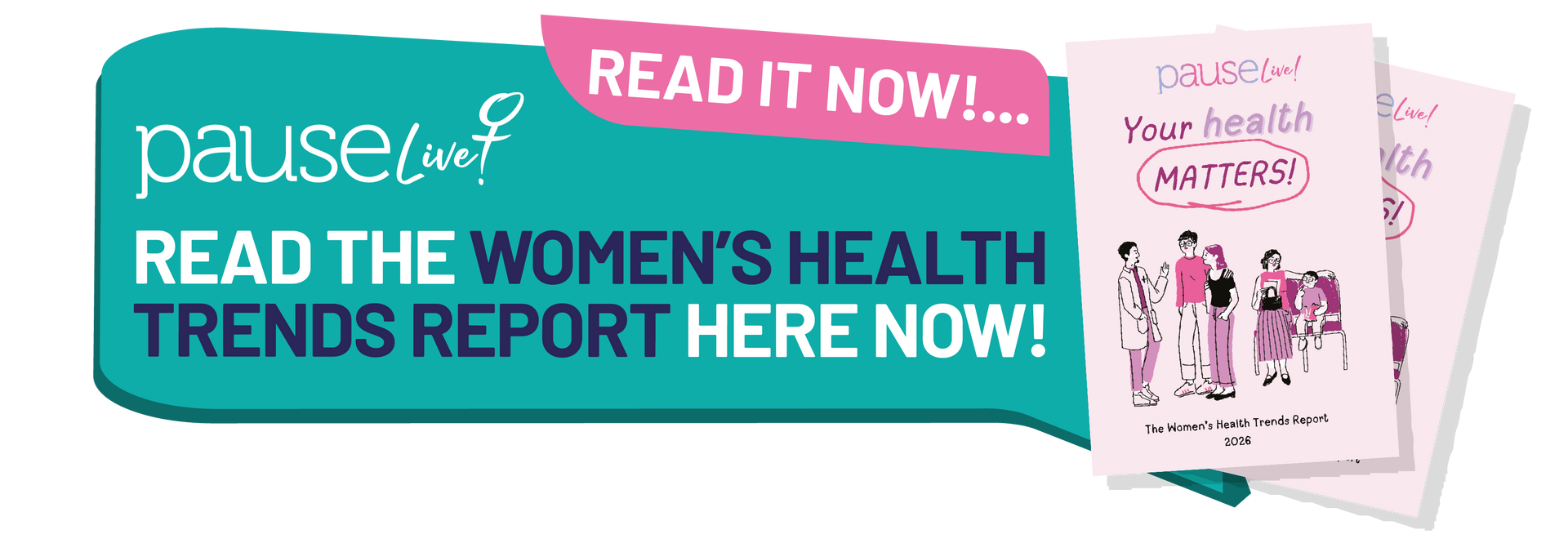MANAGING MENOPAUSE SYMPTOMS
Feeling Anxious During Menopause
What’s going on?
Anxiety during perimenopause or menopause is super common—it can hit you like a sudden wave of nervousness or build slowly until you're feeling edgy all the time. It might be from hormone changes, like falling oestrogen messing with your serotonin and stress hormones, or simply from sleepless nights and pesky hot flushes making everything feel ten times worse
How it shows up:
- Racing heart or palpitations
- Feeling jittery, tense or panicky
- Shortness of breath
- Shakes, sweating or dry mouth
- Brain fog, trouble focusing
- Feeling overwhelmed or on edge
When does it happen?
Honestly, any time—early perimenopause, right through to post-menopause. You might not realise the menopause is behind it, especially if you're always been a bit anxious .
So… what helps?
1. Lifestyle tweaks
- Plenty of sleep, as best you can
- Move your body – even a short walk helps balance hormones and reduce stress
- Eat well and stay hydrated – sugars can make anxiety spike
- Try mindfulness, meditation or deep breathing – find what works for you
2. Therapy & support
- Talking therapies, especially CBT, are great for breaking the hot-flush/anxiety cycle
- Chat to friends, join a women’s group like Menopause Café—sometimes talking it out with others is so relieving
3. HRT & medications
- HRT can ease anxiety by rebalancing hormones—worth discussing with your GP
- Antidepressants might help, especially if anxiety’s severe or you’ve had mood issues before
4. Lifestyle extras
- Cut back on caffeine, alcohol, and salt—they can all stir your anxiety up
- Regular gentle exercise—yoga, walking, pilates—can really shift how you feel
- Practice patience & self-care—it all adds up
When to be extra aware:
- If anxiety is so bad it’s getting in the way of your day
- Panic attacks or skyrocketing heart rate
- If you’re struggling with sleep or mood alongside it
Don’t hesitate to get help—chat to your GP, ask about menopause support services, or look into therapy. You’re not alone, and there are lots of ways to feel stronger and calmer again.


